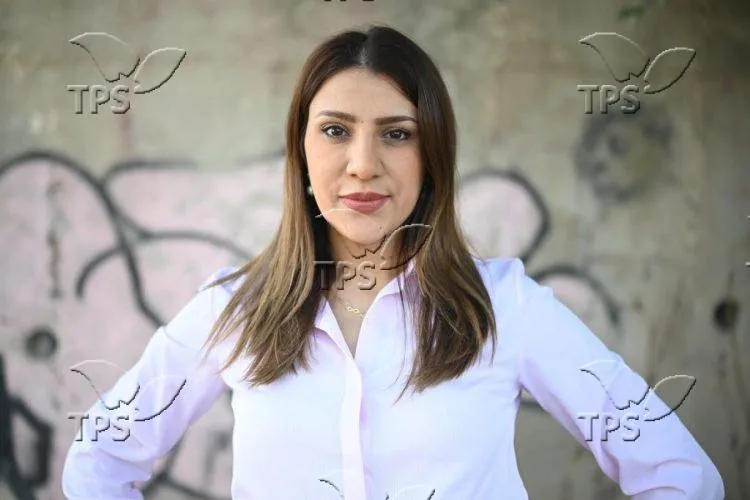Monitoring Desk: An Arab political list has qualified for the first time to run in the capital’s municipal elections, reports TPS News Agency.
Sundus El-Khot, a teacher living in western Jerusalem, filed the final paperwork. Given prevailing Palestinian opposition to participating in Jerusalem politics and historic low turnout, recruiting candidates and getting the signatures was a tall order.
“For many years I broke stereotypes when I taught Jewish children the Arabic language and later I shattered myths held by their parents. Now I will break another record and become the first Arab woman to join the Jerusalem City Council,” the 33-year-old El Khot told the Tazpit Press Service.
Her journey, however, has been fraught with challenges, including threats from the Palestinian Authority and influential clerics in eastern Jerusalem, who oppose her participation in the Oct. 31 municipal election.
“For many years I broke stereotypes when I taught Jewish children the Arabic language and later I shattered myths held by their parents. Now I will break another record and become the first Arab woman to join the Jerusalem City Council,” she said.
The list includes Walid Abu Tiya, an Israeli Arab and former Finance Ministry official who threw his hat in the ring for mayor, but dropped that race to instead seek a place on the 31-seat municipal council.
Language as a Bridge
El Khot, a lecturer, teacher, and facilitator is a graduate of Hebrew University and has previous experience managing Sanonit, an organization that promotes inclusive education.
Seeing language as a bridge between people led to her involvement in Madbarot, an organization that brings Jewish and Arab women together monthly to learn and practice Hebrew and Arabic. El Khot teaches on the organization’s website for learning Arabic. She has also taught the Arabic language to Jewish women, sitting judges, and members of think tanks to dispel misconceptions.

“I found that female power can also stand above all the controversies surrounding the Israeli-Palestinian conflict and deal with the manifestations of discrimination in education and even remove obstacles to learning the Arabic language in Israel,” El Khot said.
“In my view, a course in spoken Arabic for Jewish medical staff is especially important, as it allows them to understand and communicate with Arabic speakers who come for treatment. My dream is to upgrade the study of both Arabic and Hebrew languages to bring people closer together and work towards peace and harmony among nations”, she emphasized.
Palestinian Opposition
Palestinians in eastern Jerusalem told TPS that running for office in a Jewish municipality — especially Jerusalem — “legitimizes” the “Judaization” of the city.
“It seems that the initiators of the list tried to beautify it by mixing the names of public figures with traditional status and heads of families,” a Fatah operative in eastern Jerusalem told TPS.
This is in line with a fatwa, or religious edict, issued by the Supreme Palestinian Fatwa Council and its head, Sheikh Ekrima Sabri prohibiting Arab participation in Jerusalem elections. The Council is part of the Palestinian Authority.
Jerusalem has a population of around one million, of whom some 700,000 are eligible to vote. This includes 420,000 Jews and 280,000 Arabs. Arab voters include Israeli citizens as well as roughly 150,000 Palestinian non-citizens who have temporary residence status.
Palestinians with temporary residence are entitled to vote in municipal elections and receive social benefits, but they are not allowed to vote in national elections or hold a mayoral office.
The Arab boycott of local elections dates back to 1967 when Jerusalem was reunited after the Six-Day War. Israel offered citizenship to the residents of the city’s eastern neighborhoods, but the vast majority refused, opting to keep their Jordanian citizenship.
Arab parties and individuals have never garnered enough votes to receive a city council seat. Historically, Arab participation in local elections has been around five percent.
